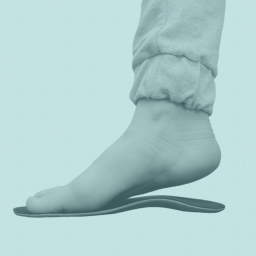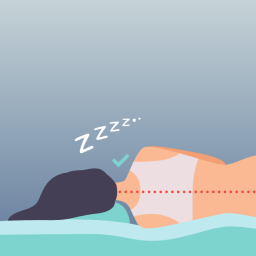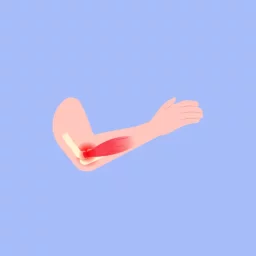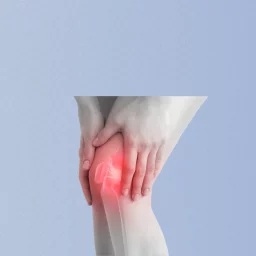Physiotherapy Techniques for Arthritis Pain Management
Arthritis is a broad term used to describe inflammation and swelling of the joints, which causes pain and stiffness. In addition, there are more than 100 different types of arthritis, each with its own causes, symptoms, and treatment methods. Physiotherapy plays a crucial role in managing arthritis by helping to improve joint function, reduce pain, and increase mobility.
Here’s how physiotherapy can benefit individuals with arthritis:
Arthritis Pain Management:
Physiotherapists use various techniques such as manual therapy, heat or cold therapy, ultrasound, and electrical stimulation to alleviate pain associated with arthritis.
Arthritis Joint Mobility and Flexibility:
Arthritis can cause stiffness and reduced range of motion in joints. Physiotherapy exercises and stretching routines can help improve joint flexibility and mobility.
Physiotherapy Muscle Strengthening:
Weak muscles can contribute to joint instability and pain. Physiotherapists design strengthening exercises tailored to the individual’s needs to strengthen muscles around the affected joints, providing better support and reducing pain.
Physiotherapy Posture Correction:
Poor posture can exacerbate arthritis symptoms. Physiotherapists assess posture and provide guidance on correct alignment and posture to reduce strain on affected joints.
Physiotherapy Balance and Coordination:
Arthritis can affect balance and coordination, increasing the risk of falls. Physiotherapy includes exercises to improve balance and coordination, reducing the risk of falls and related injuries.
Arthritis Joint Protection Techniques:
Physiotherapists educate patients on joint protection techniques to minimize stress on affected joints during daily activities, reducing pain and preventing further joint damage. Your physiotherapist can help you with protection techniques for the specific joints in daily activities for effective arthritis pain management.
Physiotherapy Functional Training:
Your physiotherapist focuses on improving functional abilities, such as walking, climbing stairs, and performing daily tasks, to enhance independence and quality of life despite arthritis symptoms.
Physiotherapy Education and Self-Management:
Physiotherapists educate patients about arthritis, its management, and self-care strategies, empowering them to take an active role in their treatment and adopt lifestyle modifications to manage their condition effectively.
Physiotherapy Assistive Devices:
Physiotherapists assess the need for assistive devices such as braces, splints, or walking aids to support affected joints and improve mobility.
Arthritis Long-term Management with Physiotherapy:
Physiotherapy provides long-term management strategies for arthritis, including regular exercise programs, lifestyle modifications, and periodic reassessment to adapt treatment plans as needed.
Finally, physiotherapy is an integral component of arthritis management, offering personalized treatment strategies to improve function and reduce pain. Furthermore, physiotherapy can enhance the overall quality of life for individuals living with arthritis. Visit our physiotherapy clinic at CURAVITA if you are experiencing arthritis pain or discomfort. Call or book your physiotherapy appointment online with one of our experts at our CURAVITA Glebe Clinic or Byward Market Clinic.
















